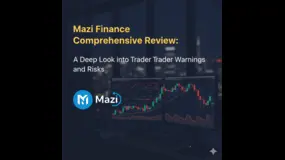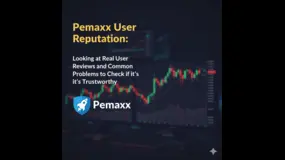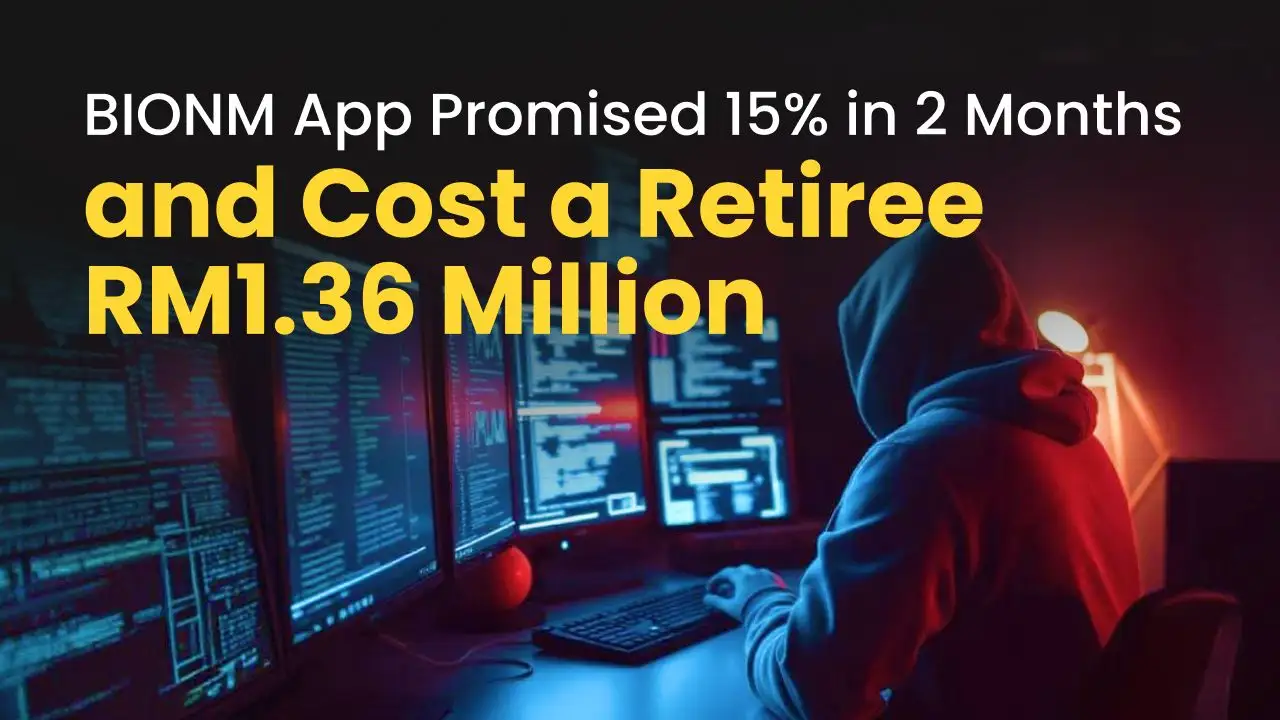Abstract:In recent years, the rise of deepfake technology and sophisticated online exploitation tactics have led to a dangerous surge in share-trading frauds. Cybercriminals have evolved their methods to deceive even the most cautious investors, making it increasingly challenging for individuals to discern genuine opportunities from scams.

In recent years, the rise of deepfake technology and sophisticated online exploitation tactics have led to a dangerous surge in share-trading frauds. Cybercriminals have evolved their methods to deceive even the most cautious investors, making it increasingly challenging for individuals to discern genuine opportunities from scams. This trend is a stark reminder for traders to prioritise vigilance over the blind pursuit of profit, as the risks associated with these frauds have become more severe and harder to detect.
One of the most concerning developments is the use of deepfake videos featuring stock market experts and well-known financial figures. Cybercriminals use these hyper-realistic videos to give a false sense of legitimacy, with supposed “experts” encouraging viewers to join exclusive WhatsApp groups or download trading apps. By crafting convincing but entirely artificial endorsements, these scammers lure unsuspecting investors into fake platforms designed to siphon money from their victims.

Upon joining these groups, investors often find themselves among hundreds of other potential victims, along with scammers who pose as investors sharing positive feedback. These groups regularly broadcast enticing “updates” about profitable trading opportunities, creating a sense of urgency and community that further draws people in. Once someone expresses interest, the fraudsters take things a step further by directly messaging them, promoting deceptive trading applications that resemble those of well-established investment firms.
To add to the illusion, the fraudsters‘ fake apps are crafted with sophisticated user interfaces that mimic real trading platforms, featuring live market data and fluctuating stock prices. Victims are encouraged to invest incrementally, and as they transfer funds, these fake apps display exceptionally high returns, tempting them to increase their investments. The perpetrators often provide free webinars and seminars to further convince users of the app’s authenticity.
As part of the ruse, cybercriminals continue to avoid any real-time contact with their victims, opting instead for impersonal text messages. By steering clear of phone or video calls, they reduce the risk of exposing their identities. This distance maintains the illusion of professionalism while concealing the scam. Eventually, when victims attempt to withdraw their “profits,” they are hit with unexpected fees labelled as service charges or capital gains taxes, and are told they need to pay additional sums to access their earnings.
The impact of these fraudulent schemes has been devastating. By the time investors realise they have been scammed, the fraudsters have vanished, and communication ceases entirely. The platforms disappear, and victims are left with no recourse to recover their funds. The proliferation of fake social media pages promoting these schemes has amplified the issue, as they offer an easy way for scammers to cast a wide net and reach large audiences with minimal effort.
For traders, this evolving landscape is a critical reminder to approach online trading with caution. The promise of fast profits can be tempting, but it's essential to verify the legitimacy of trading platforms, apps, and groups before committing any funds. Investors should seek reliable financial advice and avoid groups or apps that demand quick decisions or large deposits without offering transparent, verifiable credentials. Scammers thrive on exploiting impulsive habits and taking advantage of those who fail to conduct proper research.

As these fraudulent tactics continue to evolve, staying vigilant and sceptical is the best defence against falling victim to such schemes. To safeguard against fraudulent schemes, using resources like WikiFX can be invaluable. WikiFX offers comprehensive details on brokers, covering aspects such as regulatory credentials, user reviews, and safety scores. This allows individuals to verify the legitimacy of investment platforms before making financial commitments. With extensive insights and risk alerts, WikiFX empowers investors to make well-informed choices and steer clear of unauthorised or unlicensed operators. By consulting WikiFX, users can confidently secure their savings and sidestep the costly pitfalls created by deceitful investment networks.













